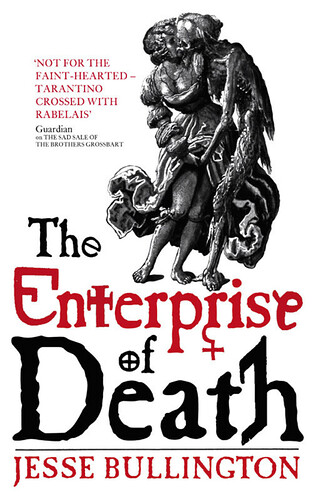Pulls no punches in depicting necromancy and violence in Europe during the Renaissance, as a witch attempts to avoid becoming the latest in a long line of victims of a necromancer. Excellent prose, some fine characterisation, and a well-realised historical setting.
3 Likes
